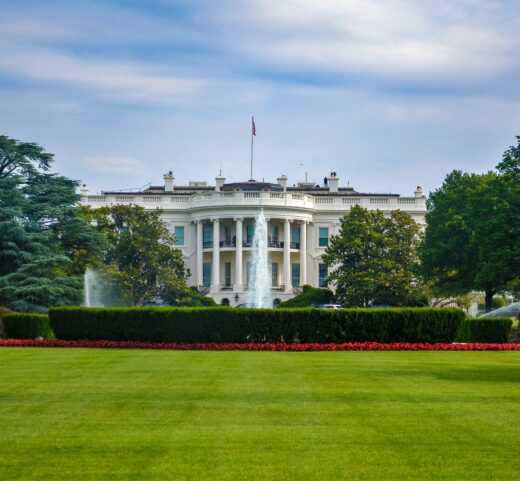
It is pretty unusual for a party that is already in power to trail a fiscal event with dire warnings about the state of the country’s finances. There was a clear need for some kind of plan to bring down debt and restore confidence in the UK economy and the Chancellor has let us how he thinks that burden should be shared.
The latest budget – who pays?
It is pretty unusual for a party that is already in power to trail a fiscal event with dire warnings about the state of the country’s finances. But the reality is that a decade of relatively slow growth followed by massive government expenditure through the pandemic, topped by the current rise in inflation and need to provide support on energy bills, has left the country’s finances in a bit of a mess, with a total debt of over £2trillion. Just as a bad credit rating can mean you have to pay higher interest rates, so we saw last month the impact of the Government losing credibility on their ability to keep debt under control. There was a clear need for some kind of plan to bring down debt and restore confidence in the UK economy and the Chancellor has let us how he thinks that burden should be shared.
So where has the pain landed and what is the impact? Like any budget, you have to either increase your income (raise taxes) or reduce your expenses to make it balance. And they’ve chosen a fairly typical route through, trying to keep the optics looking as good as possible.
Step 1: freeze allowances
This appears painless but will have a big impact on everyone particularly in a period of higher inflation, with many more people falling into higher rate tax bands and take home pay not going as far. Both income tax and national insurance thresholds are frozen until 2028.
The Inheritance Tax allowance is also frozen until 2028 meaning many more households will be affected and creating added complexity at a time when many are least able to cope. The Lifetime Cap on Social Care costs is deferred for a further two years which has potentially significant impact of those unfortunate enough to need it.
Step 2: find some popular and/or easy targets to tax
This time, it’s the energy companies with a windfall tax increased from 25% to 35%. This in part funds an extension on the energy cap for a further 12 months at a rate of £3,000.
But it’s also the ‘rich’. And more people will be falling into that definition with the freezing of allowances. The threshold for highest rate of income tax falls to £125,140, the dividend allowance falls to £500 from April 2024 and capital gains allowance from £12,300 to £6,000 from next year and then to £3,000 from April 2025.
Against this he has sought to protect the more vulnerable with energy support more targeted, an increase in the minimum wage and inflation linked uplifts for benefits including maintaining the triple lock on the state pension.
Step 3: cross your fingers
The plan depends on the UK returning to stronger growth and some measures were outlined to support smaller businesses with rate reliefs. On the other hand a reduction in import tariffs – aimed at helping the cost of imported goods under control to help headline inflation may potentially make it harder for UK companies to compete.
The result is that we will all feel our incomes squeezed and the vast majority of us will suffer a higher tax burden. It becomes more important than ever to use all the reliefs and allowances that are available to you – pension contributions, ISAs and the use of your annual CGT exemption are at the front of this queue, but for those with higher income and an appropriate risk profile, Venture Capital Trusts (VCTs – see the attaching article) and Enterprise Investment Schemes should also be considered. There are also opportunities emerging from the current economic environment such as improved annuity rates which may be appropriate to underpin retirement income in this uncertain environment. We’re here to help if you have any questions about the impact of these changed times on your own personal finances.

Q1 2025 Market Commentary
Markets got off to a strong start in 2025, with US equities, building on last year’s momentum. Continued excitement around…

Bassline Episode 20
In this episode of Bassline, David Wallace speaks with Lance Peltz about the global economic landscape, focusing on recent developments…

Bassline 18 – A Perspective on the Budget from Lance and Adrian
Our latest podcast is a chat with Lance and Adrian about the recent UK budget and its potential impact on…

Q4 2024 Investment Update
Most markets ended the quarter with modestly positive returns (in their local currencies) with the notable exception of commodities. Developed…
